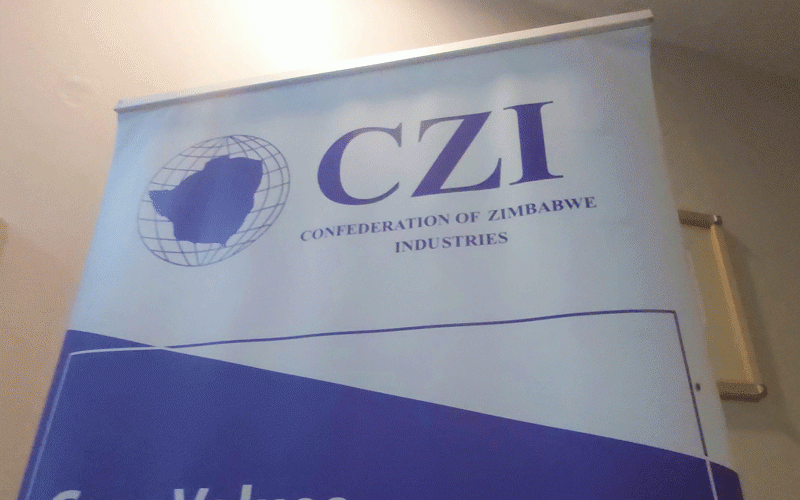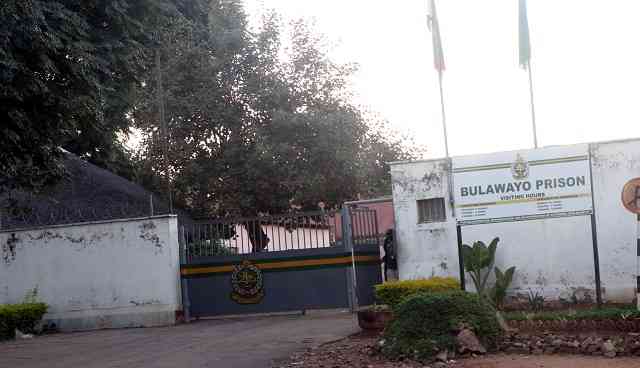
THE Matabeleland Chapter of the Confederation of Zimbabwe Industries (CZI) has called on government to ensure a favourable business environment for the private sector by cutting down regulatory costs which represent an estimated 20% of overheads.
In an interview, the chapter’s president Stephen Ncube told Southern Eye that they anticipate government to implement measures to reduce the burden.
He said the struggling Zimbabwe Gold (ZiG) currency had nothing to do with problems besetting the retail sector, citing foreign exchange volatility as the major contributory factor.
“The private sector is facing substantial regulatory cost pressures, representing approximately 20% of total overheads. We anticipate that government will implement measures to reduce this burden and foster a more favourable business environment,” he said.
“The private sector applauds government for the ongoing anti-smuggling blitz. Lack of effective border control allows for easy smuggling of goods, undermining formal business.”
Ncube said focus on rebuilding trust in the local currency, stabilising the forex market and aligning fiscal and monetary policies were essential for sustainable growth.
“The RBZ [Reserve Bank of Zimbabwe] has committed to a tight monetary policy stance, with a high bank policy rate and strict statutory reserve ratios. While this aims to stabilise the economy, its consequences, such as corporate stress and weak demand, are evident.
“Businesses may have to rethink aggressive expansion plans, cut costs and become more efficient in an environment of weak demand,” he said.
- Mthuli Ncube abandons struggling consumers
- Fears of jobs carnage as crisis deepens
- Fresh warning over bank rate hikes
- Police admit that money changers are untouchable
Keep Reading
According to Ncube, efforts to stabilise the local currency, through various mechanisms, were welcome although he said the challenge remained that stability was not just about convertibility, but also about ensuring its role as a store of value.
“The CZI considers the reduction in foreign currency retention for exporters as a move towards de-dollarisation, but it comes with risks, particularly for exporters,” he said.
“Their ability to mitigate exchange rate risks through the US Dollar Deposit Facility is a helpful solution, but it also reflects the ongoing challenges in currency management.”
The CZI Matabeleland Chapter president said discussions around improving financial inclusion were important, adding that the informal sector played a significant role in the economy.
“Enhancing the competitiveness of local firms is crucial to addressing informality, as it enables them to operate on a level playing field. A market-determined exchange rate would be instrumental in achieving this objective,” Ncube said.
Meanwhile, United Refineries chief executive Busisa Moyo has said government has managed to put a lid on inflation on the ZiG, which he said was a positive move.
“The governor is signalling strongly that he has the stamina and is serious about holding the value of the local currency. This should pave way for a de-dollarisation roadmap,” he said.
“Low inflation, however, means tight liquidity, low aggregate demand and costs become an issue. The ease and cost of doing business need to be looked at urgently to prevent corporate distress.”









